Articles
SIRC articles provide evidence-based and actionable insights from sport researchers, athletes, coaches, sport organizations and thought leaders to advance sport in Canada.
Featured Article
Concussions in Sport: What Parents Need to Know About the Youngest Athletes
Each year in Canada, more than 200,000 athletes experience a concussion. The numbers are striking, and so is the fact that until recently, the youngest athletes were almost absent from research and public conversation about these injuries. Dr. Miriam Beauchamp is a professor at the University of Montreal, a researcher at Sainte-Justine Hospital, and Canada…

Search Articles
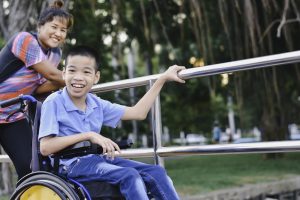
Engaging in regular physical activity, getting enough sleep, and limiting time spent inactive are well known and evidence-based prescriptions for the promotion of overall health and well-being(Tremblay et al., 2016). In fact, the Canadian 24-Hour Movement Guidelines for Children and Youth (ages 5-17) — which...
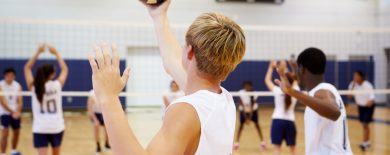
MATCH: Spotlight on a Canadian Study on Sport Participation
November 6, 2019
| Julie Goguen Carpenter & Mathieu Bélanger
In this day and age, everything is at our fingertips. However, the investigation of complex behaviours is still a process that takes time. The intricate nature of sport and physical activity behaviour, especially amongst children and adolescents, is an area...

Is There a Role for Weight Training in the Physical Development of Children?
November 6, 2019
| Loren Chiu
Once considered a fringe activity, weight training has grown in popularity in the last 20 years due to its benefits for improving health, physical fitness, and performance. Weight training is often included in high school physical education classes and promoted...

Parents and Teachers – Allies in Physical Literacy
October 4, 2019
| Ian Robertson, Coquitlam School District
With students settled into new classes with new teachers, many families find themselves considering how to best support student success across the school day. Physical literacy is becoming an integral facet of Physical and Health Education curricula across the country,...
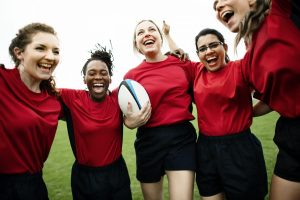
Supporting the Transfer and Application of Life Skills Beyond Sport
July 24, 2019
| Sara Kramers & Corliss Bean
This is the third and final blog in a series on positive youth development in sport. If this is your first visit to this series, considering taking a few minutes to read the other two posts: Tips on How to...
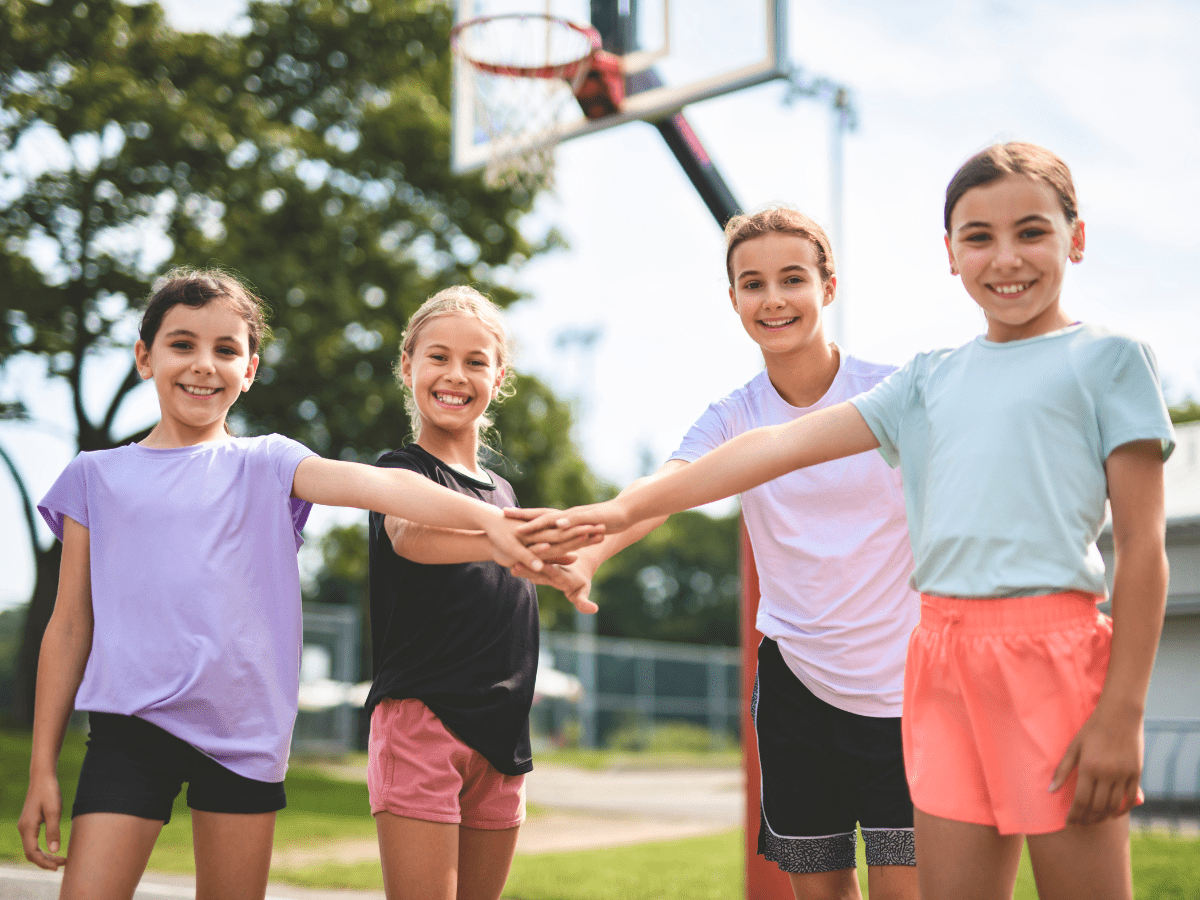
Developing Executive Functions and Social Emotional Learning Through Sport
May 8, 2019
| Vicki Harber
This blog was adapted from a SIRCuit article written by Dr. Vicki Harber. For the full article, click here. Within Canada, there is some concern that an ethos of “winning at all costs” has infiltrated youth sport, degrading the quality...
Managing the Risk of Athlete Burnout With or Without Early Specialization
April 25, 2019
| Dr. Heather Larson
Parents who dream of their children becoming professional athletes, and coaches who believe that single-minded dedication is the only way to reach the top of their sport, have contributed to an increase in early sport specialization. However, there are many...
Using app-based technology to influence the physical activity of Canadians
April 24, 2019
|
Despite the plethora of positive health outcomes associated with regular physical activity, only 18% of Canadian adults currently meet national physical activity guidelines (Statistics Canada, 2017). To help buck this concerning trend, ParticipACTION has developed an app to get Canadians...

Warmth or Competence: Do parents value one more than the other in competitive youth sport coaches?
April 18, 2019
| Jordan Sutcliffe, Nipissing University
Competence and warmth are two of the fundamental dimensions which we often judge other people (Kervyn, Bergsieker, & Fiske, 2011). Traits such as friendliness, helpfulness, sincerity, trustworthiness, and morality, all contribute to someone’s perceived warmth (Fiske, Cuddy, & Glick, 2007)....
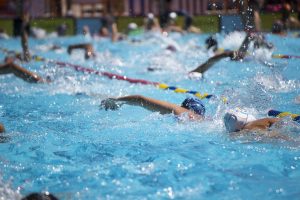
The Role of Motives in the Transition from Youth Swimming to Masters Swimming
March 27, 2019
| Heather Larson, University of Alberta
Masters sport is a great way for adults to have fun and stay active. Dionigi (2015) identified three categories of masters athletes, based on their pathway into masters sport. “Late bloomers” are those who don’t start participating in sport until...